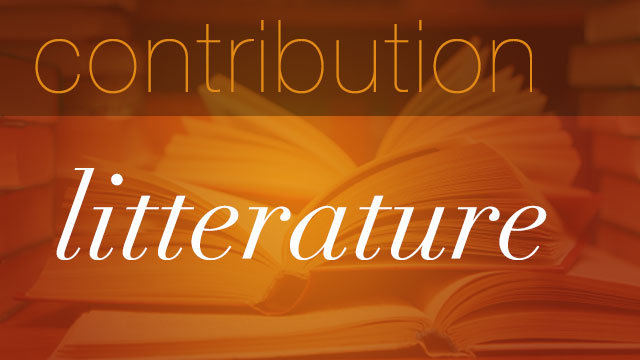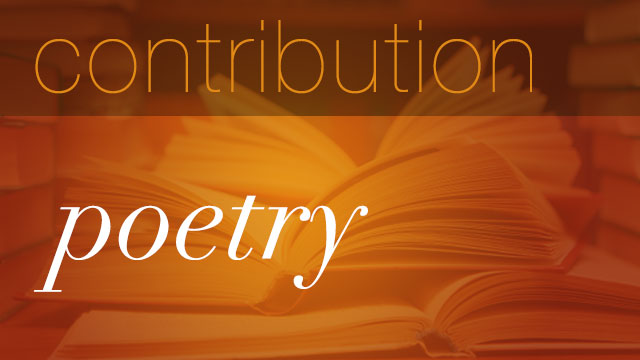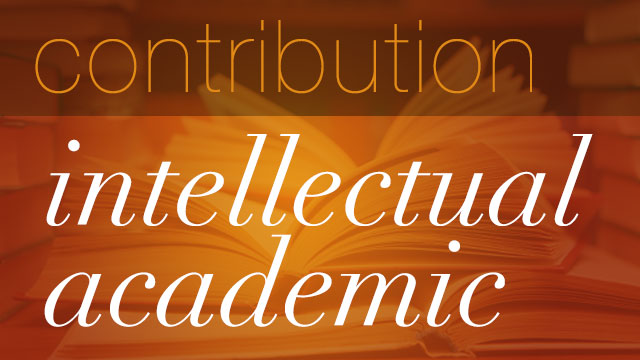“All opinions are that of the author and not necessarily those of the website that it is published under.”
Morocco: A Case Study for Political Schizophrenia.
Morocco has recently proved to be a politically schizophrenic country par excellence. It is a county torn between an implicit secularism, and an ambiguous, mystifying political “Islamism”. Thus, Where does Morocco stand in the political arena is a question that many scholars are honestly unable to answer. Yet, I will try to pinpoint some key ideas that might help us in understanding this dilemmatic issue.
If we look at the preamble of the Moroccan constitution, we can plainly see at its very outset that “Morocco is An Islamic and fully sovereign state”. Almost everybody in Morocco would agree with this statement, since it represents every Moroccan’s will and long heritage. Many historical reasons have helped the political party of Justice and Development PDJ to win 107 seats in the parliament and consequently nominate its Secretary
General, Mr. Abdalilah Benkirane as the prime minster of Morocco in 2011. This incident has by no doubt punctuated the Moroccan political history in the sense that it is the first Islamist political party to hold power since the Moroccan independence. Unlike many other countries in the Arab world that oppressed its Islamist political parties before the Arab Spring, (PJD) had been a recognized opposition party for years before its rise to power in the November 2011 elections. More importantly, voters did not view the party as “corrupt” or as “collaborators” with the regime, but instead they were seen as “clean” political contributors who have also shown maturity by accepting a measured, step-by-step reform process, instead of calling for a total change of the regime, as was the case in Tunisia, Egypt and Libya. However, to what extent is PDJ actually an Islamist political party is another question of a great relevance. To answer this, I have adopted content analysis as a methodological research method to come with valid findings.
In one his of his interviews with Monte Carlo International radio channel, Mr. Benkirane Stated “we are not an Islamist political party, but a party with an Islamic ideology though we stemmed from an Islamist political movement”. He added “we are not dealing with religious problems, but we are dealing with issues that have to do with economy, education, unemployment, and human rights”. Analyzing the aforementioned quote can lead to understand that Benkirane is stating clearly that his political party is not Islamist because the latter according to him has strong connotation. Yet, it has an Islamic ideology that is not seen at all in its managerial political strategy, yet very prevalent in its discourse. His quote seems to be very ironic and puzzling in many ways. After two years in power, the party has done nothing to prove the opposite. One of their promises during the campaign was to found some Islamic banks in
Morocco, but they have so far failed to fulfill this dream that many Moroccans are wholeheartedly waiting for. The PDJ has, for many, nothing to do with the Islamic law, except its discourse that is richly adorned with some Islamic oratory.
In this same regard, Mr. Saaddine Al Otmani, a leading PDJ figure and the former Moroccan Foreign Affairs minister, has explicitly explained that there should be a separation between religion and politics. In his book entitled “Religion and Politics: A Differentiation Not a Separation”, Al Otmani elucidated that even the prophet Mohamed differentiated between the “worldly” life that has to do with our daily affaires and the “religious” life that has to do with the hereafter. “You know more about your worldly affairs” is one the few prophetic sayings that Al Otmani is using to justify his claims.
Note, moreover, that the Ministry of Al Awqaf (endowments) and Religious Affaires has recently decided to lower the volume of the loudspeakers used for al Adan (the call for prayer) in Casablanca. Many Moroccans have vehemently criticized this decision and pushed some of them to hack the official website of the ministry as a reaction to this resolution.
Secularism, on the other hand, is seen by some as a modern political principle that is crucial for any country to function democratically. In the west, it is regarded as an unconditional element for democracy and social justice. Yet, to what extent are Western countries secular or not is another question that is worth investigating. In the Arab world in general and Morocco in particular, only few advocate secularism and most of the time they are seen as intellectually “aliens” and islamically “infidel”. For them, it is tantamount to faithlessness and can only promote a dissolute way of life.
In one of his interviews with Al-Arabiya TV Channel in 2012, Mr. Ahmad Assid, a Moroccan Amazigh Activist states that “Secularism in Morocco has become a necessity; especially after the rise of the Islamists in the political life……secularism must rise now as a solution for the future”. He added “We consider Islam to be a religion; whereas the state evens in Islam was founded thanks to rational and human endeavors which borrowed some mechanisms from the Byzantines, the Persians, and others….. We
distinguish between the Islam of the people and the Islamists. Islamists are not merely Muslims, but they are people who use religion to promote their political agenda”. Mr. Ahmed Assid took the courage to say what many Moroccans can’t not articulate in a Muslim majority country. However, it will be difficult if not impossible to apply what Mr. Ahmed Assid and others are suggesting because it goes against the will of the overwhelming majority. A recent in-depth Gallup survey in 10 predominantly Muslim countries, representing more than 80% of the global Muslim population including Morocco, shows that significant percentages of Muslims cite the importance of Islam in Governance. Although many Muslims have favorable attitudes towards an inclusive political system, according to Gallup polling, their ideas of self-determination do not require a separation between religion and the state. In Morocco, 33% of the people surveyed think that Sharia should be the only source of legislation; while 65% state that it should be a source of legislation, but not the only source. A mere 2% cite that Sharia should not be a source of legislation at all. So, how can we call for secularism when the vast majority believes that Sharia should be a part and a parcel of the legislation process? Or should we just follow the PDJ party that is still unable to use religion in politics by the new constitution? This dilemmatic situation is what explains the boycott of many Moroccans in November 2011 elections. Accordingly, turnout was only 45% of registered voters, with numerous reports indicating that up to 25% of cast ballots may have been spoiled or left blank by votes. In contrast to 2007, authorities declined to release vote figures even in aggregate, casting some doubts on official turnout estimates. The elections were boycotted by the February 20 movement, Morocco’s Arab Spring protest coalition, as well as by Morocco’s largest Islamist group, Justice and Charity, suggesting that Moroccan elections still do not produce representative and legitimate governments.
If we try to scrutinize the Gallup findings, we can conjecture that Moroccans are neither in favor of the Salafi School who believes that democracy is against Sharia nor in favor of the secular school who sees Sharia as incompatible with democracy. Both schools seem to be misleading when it comes to the Moroccan context. The former wants a mere copy of the Islamic law from the Prophet’s era and this is nonsensical because the current context is totally different and new challenges have appeared. The latter is trying to draw an analogy between the history of the Islamic law and the Western one that calls for an outright separation between the state and the church. This again seems to be implausible because we can not compare two histories with two different collective psychologies and heritage.
Therefore, I believe that the Muslim majority countries in general and Morocco in particular should come up with a model of governance that is harmonious with the universal principles and not discordant with the
Islamic teachings; a model that does not disregard the successful experience of democracy in some western countries nor it is a simple facsimile of the Islamic Empire’s legislations that were applied centuries ago. This will, by no doubt, be a challenge to the Muslim world in general that is witnessing a real religious leadership crisis and there is absolutely no consensus on the social contract. Nevertheless, this can only be achieved if we stop blaming the other for our failure. Muslim scholars, moreover, should have an effective intellectual faculty and adequate research tools to benefit from the wisdom of Sharia and turn some it into legislations approved by citizens by not imposed on them.
“All opinions are that of the author and not necessarily those of the website that it is published under.”






This artical is very rational, and because of it, I understand the political stracture of my countray “Morocco”. I am very thankful for the writer and also the website. This helps to an up developed understanding for people who do review it. I like reading similar articals sooner or later, it is indicated as an awsome way of communicate.